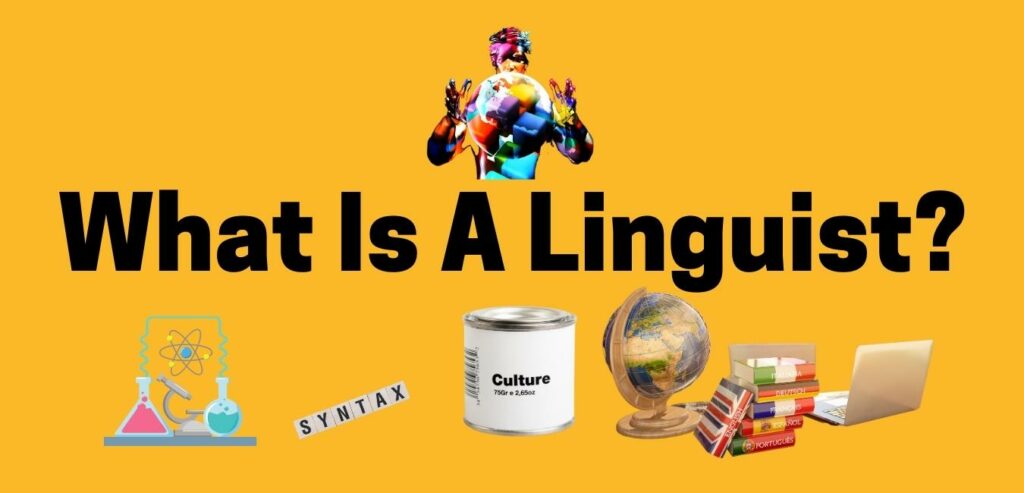
What is a Linguist? (Hint: It’s Not Just About Speaking Many Languages)
If you’ve ever wondered why we say things the way we do, or how a baby learns to speak without ever opening a textbook, you’re already thinking like a linguist.
At its core, linguistics is the scientific study of language. While many linguists do speak multiple languages (those are polyglots!), a linguist’s real job isn’t just to speak a language—it’s to take it apart and see how it works. Think of a linguist like an auto mechanic for communication; they want to know what’s under the hood of every sentence, sound, and gesture.
What do linguists actually look at?
Linguistics is a massive field because language touches almost every part of being human. Linguists spend their time investigating questions like:
- The “DNA” of Language: What are the universal rules that all human languages share?
- Human vs. Animal: How does our complex speech differ from the way a whale sings or a bee dances?
- The Building Blocks: How are sentences constructed, and what are the invisible “rules” we follow without even realizing it?
- The Evolution: How does language change over centuries (or even weeks)?
- The Learning Process: How do our brains soak up language when we’re kids?
The Layers of Language
To understand how complex this is, linguists break language down into specific “layers.” It’s a bit like looking at a house: you have the foundation (sounds), the framing (words), and the interior design (meaning).
- Phonetics & Phonology: The study of the actual sounds we make.
- Morphology: How we build words out of smaller pieces.
- Syntax: How we arrange those words into sentences.
- Semantics: What those words and sentences actually mean.
Where Linguistics Meets the Real World
Because communication is everywhere, linguistics overlaps with almost every other science. You’ll often hear about “hyphenated” fields where linguistics joins forces with other disciplines:
- Sociolinguistics: How language changes based on who we’re speaking to and where we’re from.
- Psycholinguistics: The relationship between language and the human mind.
- Neurolinguistics: How the physical brain processes speech.
- Computational Linguistics: How we teach computers to speak with us (think Siri or ChatGPT).
- Historical Linguistics: Tracing the family trees of ancient languages to see how they became what they are today.
Why Does This Matter?
Much like psychology or anthropology, linguistics is a window into the human experience. It helps us evaluate our cultures, our histories, and our relationships.
Here at Linguist Rising, I’ll be exploring all these different corners of the field. Whether you’re a fellow language nerd or just curious about why we speak the way we do, I’m glad you’re here. Let’s examine the science of speech together.
